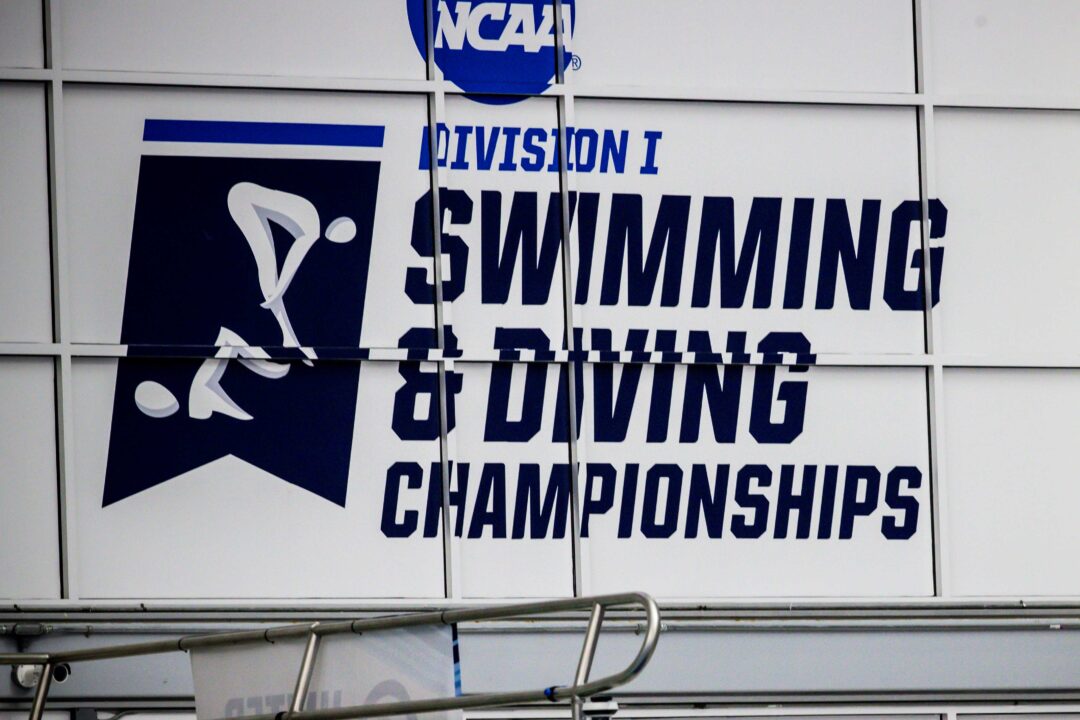Transfer will be subject to stricter standards during the waiver process, as per the NCAA’s updated guidelines on the transfer process released last week.
Athletes who do not meet the one-time transfer exception can still be eligible for the waiver process, but only if they transfer for “reasons related to the student-athlete’s physical or mental health and well-being; or due to exigent circumstances outside the student-athlete’s control.” Previously, the standards were more lenient to secure a waiver.
“NCAA Division I Council will review waiver guidelines to ensure a strict standard of review is applied to requests to waive either the applicable transfer window or the transfer residency requirement,” the organization said in a recent questionnaire sent to schools clarifying the new policies.
The NCAA said that transfers will not only have their athletic aid guaranteed through graduation, but will also receive more favorable treatment in the portal. A school can pull the scholarship of a non-transfer athlete for entering the portal, but transfers will have their athletic aid protected if they enter the portal.
The NCAA rejected a recommendation last month that would have granted all transfers immediate eligibility no matter how many times they transfer, as long as they met academic standards.
The NCAA’s recent moves could backfire. Some legal experts have speculated that the more restrictions the organization places on athletes, the more difficult it might be to prove they’re not employees in future courtroom battles.
